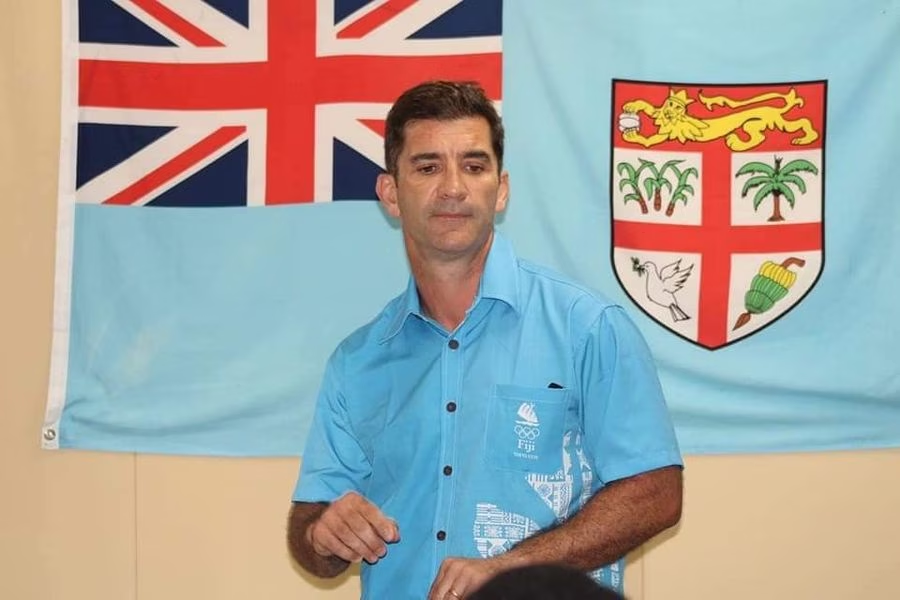Welshman Gareth Baber guided Fiji to rugby sevens glory at the Tokyo Olympics as the islanders claimed a gold medal.
Former Cardiff Rugby coach Baber, who played at scrum-half for Oxford University, Cardiff, Pontypridd, Aberavon, Bristol and the Dragons, had an array of talent at his disposal.
Fiji have long been one of the best teams in sevens both on the World Series circuit and at the Games which takes place every four years.
And they delivered in Japan this summer to be crowned back-to-back Olympic champions after beating New Zealand 27-12 in the final to win gold.
It is only the second gold in their country’s Olympic history.
Fiji’s first came five years ago when rugby made their debut at the 2016 Rio Olympics and won the same title.
Baber said: “I have to pay special tribute to the players.
“By the time these guys have flown home and done their quarantine, they won’t have seen their families for 20 weeks. It takes a special kind of person to make that commitment.
“For a few of the boys you saw out there today, that tournament was the first international rugby they’d ever played.
“For some of them, it was the first time they’ve ever been out of Fiji and ever been on a plane.
“A lot of these guys are learning to be away from their families, learning to be overseas, but if you do it right that does create a unity.
“You won’t find a tighter group of people than this team.
“If you give them a vision of where you want them to go, they will run through brick walls for you.
“What you saw out there today, and in the last three days, is evidence of the resilience of this group.”
Fiji is a nation of less than a million people but their offloading and pace proved too potent for New Zealand as they ran in four tries.
New Zealand had earlier beaten Great Britain to make the final.
Team GB were edged out by Argentina in the bronze medal match.
Baber’s side will be denied the scenes of national celebration that greeted Fiji’s 2016 Olympic rugby sevens heroes.
The South Pacific Island nation had been largely untouched by Covid-19 with only two deaths linked to the disease by the end of March.
But Covid-related deaths have risen to more than 200 since then with reports the country’s health service is in danger of collapse.

